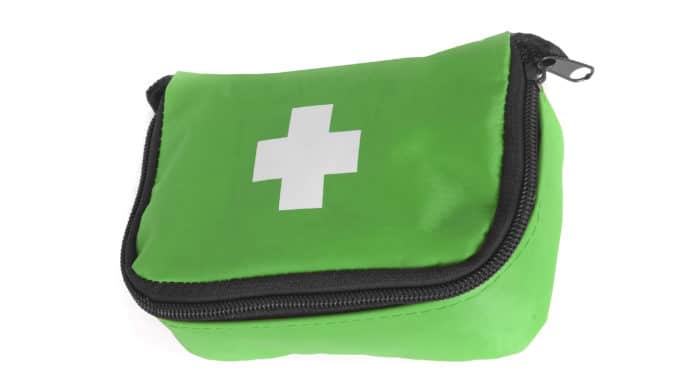Transition From Hospital To Home
Leaving the hospital can be both exciting and stressful. Whether it was a long or short hospital stay, there is often some degree of apprehension about the return home. If you’re a caregiver for someone who is preparing to leave the hospital soon, you want to make sure the adjustment back to home life goes as smoothly as possible. In this video, we’ll walk you through a checklist to help ensure that the person you are caring for is fully prepared for the transition.
For many patients, leaving the hospital after an extended stay can be both exciting and a bit stressful.
If you’re a caregiver for someone who is preparing to leave the hospital soon, you want to make sure the adjustment back to home life goes as smoothly as possible.
In this video, we’ll walk you through a checklist to help ensure that the person you are caring for is fully prepared for the transition.
Number one on our checklist is the destination.
Is the person you are caring for heading home, or are they going to another destination, like a rehabilitation or long-term care facility? How are they going to get there? Will transportation be provided, or do you need to pick them up?
Once you know what their destination is, try to make travel arrangements as soon as possible. If they use a wheelchair or have mobility issues, you may need to book a special vehicle to accommodate them.
Next up on the checklist is medication.
Has the person you are caring for started on any new prescription medications? Have their previous medications changed in dosage or been stopped altogether? Are there any over the counter medications they should avoid?
You should be fully up-to-date on their complete list of medications, as well as the dosages and schedules for each of them.
Make sure to get copies of all new prescriptions, and ask about whether there are any potential side-effects to look for.
Item number three is special equipment.
Will the person you are caring for require any special equipment at home, such as a hospital bed, mobility aid, or oxygen tank?
If so, ask about where they can be purchased or rented, and whether the person you are caring for needs to be fitted for any of this equipment.
Fourth on our checklist is diet.
Will the person you are caring for the need to make changes to their diet?
Talk to their doctor about which foods they should avoid and what they should eat more of.
If they have any special dietary needs, make sure to stock up on those items before they are transferred home from the hospital.
Next up is activity.
Can the person you are caring for resume all their previous activities as usual, or do they need to restrict certain actions like driving or working out?
If they do have restrictions on some of their activities, talk to their doctor about when it will be safe to resume them. If there are activities they will not be able to resume, ask about potential alternatives.
Item number six is healthcare services.
Will the person you are caring for require home support services like bathing, feeding, physiotherapy, or help taking medications?
If so, ask about how to set them up, and whether the hospital can arrange them for you.
Make sure to also ask about any follow-up appointments that the person you are caring for will need to attend.
The next thing on our checklist is an emergency procedure.
Consider what signs and symptoms to look for that may indicate the person you are caring for needs to go to the emergency department, and what you are going to do to ensure they get there as quickly as
possible.
It’s a good idea to have a transportation plan in place in case you do need to make an unexpected trip to the emergency room.
The final item on our checklist is questions and concerns.
Does the person you are caring for have any questions, worries or fears about this new situation? Do they understand their condition, and have a sense of their personal needs moving forward?
Encourage them to talk to their healthcare team about any questions or concerns they may have, and don’t be afraid to ask questions yourself if you are unsure about anything related to their care.
It’s also important to find out who you should contact if you think of more questions, and what the best time of day is to reach them.
Having answers to the questions in this checklist will help make the transition from hospital to home as easy as possible for both you and the person you are caring for.
For a printable version of the checklist, visit our Care Guide below.
Be sure to subscribe and watch our videos for more caregiver support and resources.






